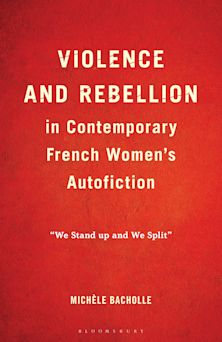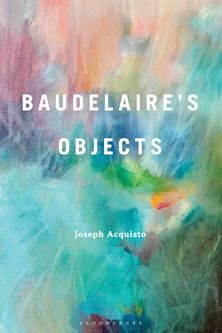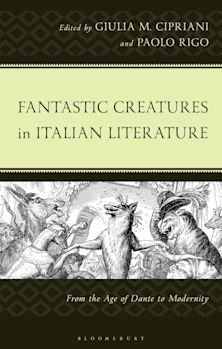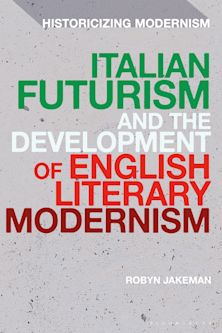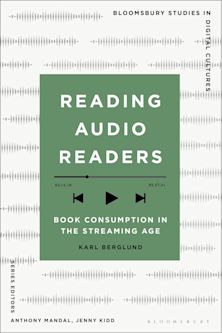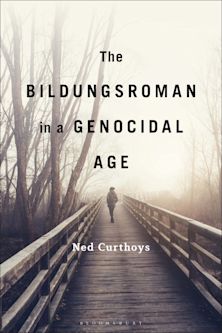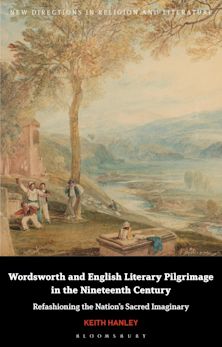- Home
- ACADEMIC
- Literary Studies
- Western European Literature
- The Mask and the Quill
The Mask and the Quill
Actress-Writers in Germany from Enlightenment to Romanticism
The Mask and the Quill
Actress-Writers in Germany from Enlightenment to Romanticism
You must sign in to add this item to your wishlist. Please sign in or create an account
Description
In the last three decades of the eighteenth century, a small but significant number of German actresses, including Sophie Albrecht (1757-1840), Marianne Ehrmann (1755-1795) and Elise Bürger (1769-1833), began to publish poetry, autobiography, drama and short fiction under their own names. These "actress-writers" came of age at a time when the status of the actress was beginning to be radically redefined in accordance with Enlightenment aesthetics and the cult of sensibility, as the model of the enterprising actress-director in the tradition of Caroline Neuber gave way to an idealizing view of the actress as sentimental heroine. The Mask and the Quill: Actress-Writers in Germany from Enlightenment to Romanticism, is an exploration of this generation of actress-writers, their significance for German literary and cultural history, and their attempts to come to terms with the new image of the actress through literature and performance.
In their texts and performances, Albrecht, Ehrmann and Bürger articulated an entirely new sense of what it meant to be an actress and a woman writer. They identified themselves with the cult of sensibility, with the theater reform movement, and above all with an image of the actress as Gefühlsschauspielerin or "actress of emotion," which emerged in the mid-1770s in response to the death of the Hamburg tragedienne Charlotte Ackermann (1757-1775). While some scholars have described this generation as a silent one, forced to submit to increasingly passive ideals of domesticity, actress-writers of the era defied this trend by using the image of the Gefühlsschauspielerin as a passport to literary activity. Their close relationship to theater and the nascent genre of "paratheatrical literature" provided them with a public voice, access to literary circles and a language with which to articulate their identity as actresses and as writers. More importantly, it provided them with a space from which to critique contemporary notions of gender and virtue.
Table of Contents
Chapter 2 Chapter 1: Inventing the Gefühlsschauspielerin: Charlotte Ackermann (1757-75)
Chapter 3 Chapter 2: Stages of Loss: Sophie Albrecht (1757-1840)
Chapter 4 Chapter 3: Amalie's Critique of Theatrical Reason: Marianne Ehrmann (1755-95)
Chapter 5 Chapter 4: Antique, Modern, and Eternally Beautiful: Elise Bürger (1769-1833) and Salon Performance
Product details
| Published | 12 May 2011 |
|---|---|
| Format | Ebook (Epub & Mobi) |
| Edition | 1st |
| Extent | 200 |
| ISBN | 9781611480252 |
| Imprint | Bucknell University Press |
| Series | New Studies in the Age of Goethe |
| Publisher | Bloomsbury Publishing |
About the contributors
Reviews
-
The Mask and the Quill is an important contribution to German studies, gender studies, and performance studies, with quotations given both in the original German and in English translations. [The lengthy quotations] complements the ‘feminist recovery project’ Dupree explicitly invokes in her introduction. Dupree’s book offers a sustained argument on the intersection of women writers and women actresses, and points to the complexities these women faced in establishing identities both for society and for themselves. The trajectory she outlines is compelling, and one might see if this model applies to other actress writers of the time, as well as to other women whose identities encompassed more than one public persona.
Modern Language Review
-
What makes Mary Helen Dupree’s book so valuable is the perfect synthesisof both approaches. Her main objective is to focus on female authors who were at the same time actresses and who represent a new generation of young women 'who came of age at a time when the status of the actress was beginning to be radically redefined in accordance with Enlightenment aesthetics and the cult of sensibility, as the model of the enterprising actress-director in the tradition of Neuber gave way to an idealizing view of the actress as a sentimental heroine'. . . .Dupree unfolds a fascinating, comprehensive, and coherent argument focusing on a wide range of literary genres of self-expression in order to get a larger picture of the literary imagination of the actress-writer circa 1800, starting with the culturally 'imagined' new type of 'Gefühlsschauspielerin' and continuing with the different modes and forms of 'self-imagining'by Albrecht, Ehrmann, and Bürger.
Journal Of Germanic Studies













